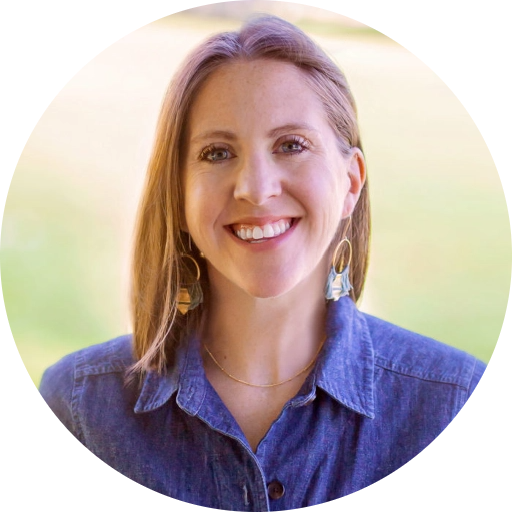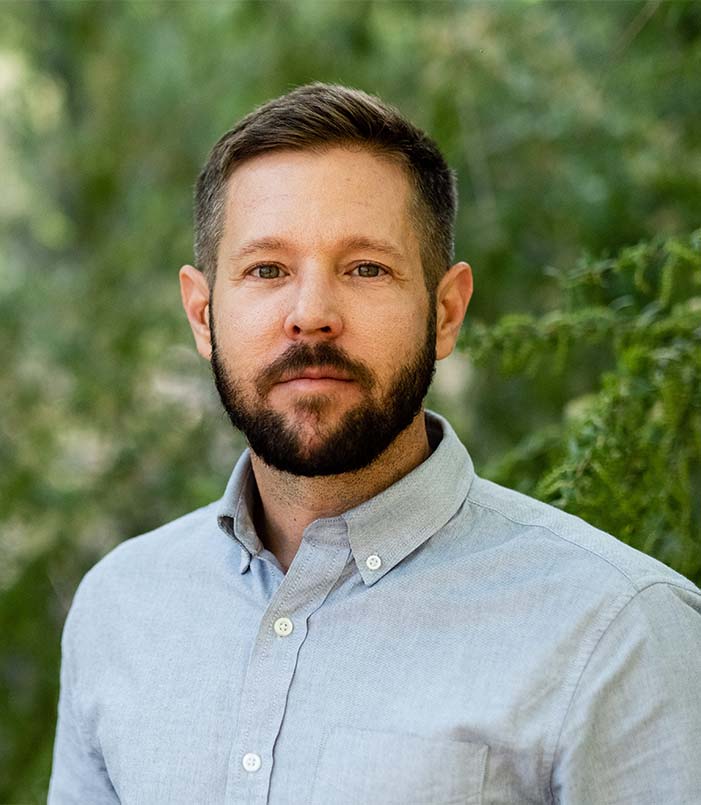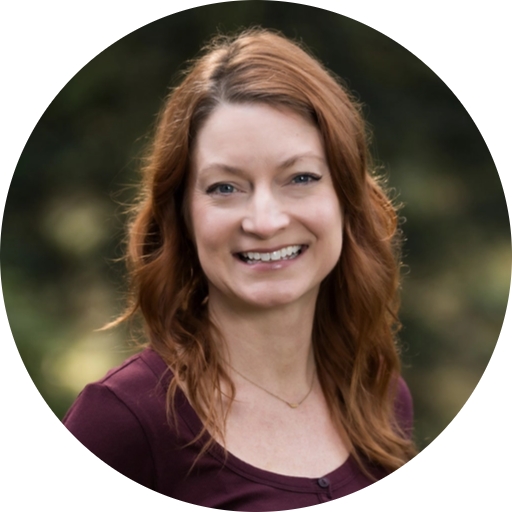Frequently Asked Questions
Q: Who is Business for Water Stewardship?
Business for Water Stewardship (BWS) is a program of the 501c3 nonprofit organization, Bonneville Environmental Foundation (BEF), based in the United States. View our team.
We believe businesses have an opportunity—and a responsibility— to ensure that their operations and investments improve communities and ecosystems where they do business. And in water-stressed regions, that responsibility is deeply rooted in how we value, use, and protect water. That’s why we help businesses work collaboratively with community and policy stakeholders to advance solutions that ensure people, economies, and ecosystems have enough clean water to flourish.
Q: What do you do?
We have two key areas of focus: shifting water stewardship and shifting water policy.
Our water stewardship services often include project scoping and development, as well as funding and fund management. We work with businesses large and small to:
- Guide strategy
- Evaluate priority basins or watersheds
- Vet, source, and curate a portfolio of activities
- Build intentional partnerships with project implementers
- Manage funding + reporting
- Catalyze collective action
Business for Water Stewardship does not advise on corporate water policies related to internal operations or on-site operational use.
Q: Where do you work?
We have a remote team based in the United States. While the majority of our services support projects in North America, we have supported water stewardship projects in Australia, Belgium, Brazil, Canada, Chile, France, Ireland, Israel, Mexico, Netherlands, South Africa, Spain, United Kingdom, and the United States.
Q: What types of projects do you support?
We’ve helped to scope, design, and catalyze funding for nearly 500 water projects across the globe. View the projects to learn more.
All projects must have a strong link to watershed health.
We prioritize projects related to water supply, water security, and water access that deliver ecological, social, and economic resiliency.
We strive to support community-led and community-developed projects with groups that have historically been racially or socially marginalized.
Projects may be in early stages of development, but must be implemented before 2028.
We fund projects in the following categories:
Aquatic habitat restoration and biodiversity conservation
Agricultural practices
Water demand reduction
Green infrastructure
Gray infrastructure
Land conservation and restoration
Water access sanitation and hygiene (WASH)
Q: Someone from Business for Water Stewardship contacted me to get more information about a water project. What is the process to work with your team?
Our promise to you: If we’ve reached out to you for more information about your work, we will provide you with a target geography, list of desired outcomes and project types, evaluation criteria, and reporting expectations. A member of our team will connect with you directly to learn about your program or project, and help determine if it is a good fit for the funding sources available.
It is our goal to always act as a kind, respectful, and reasonable prospective funding partner, not gatekeepers. We promise to honor your time – we will never ask for more information than we need, or for detailed proposals before we are sure there’s a fit for both your organization and the funder.
A: In general, working with us looks like this:
- Guide strategy. Often, companies ask us to help contextualize their water risk in a key area, and then to scope and invest in projects that can help them meet corporate social responsibility or sustainability targets around water. This could include targets for the company to reduce its water impact, or replenish the water it uses.
- Evaluate priority basins and/or watersheds to identify the primary water issues, define the project area, and provide an overview of the types of available water projects and associated budget necessary to help address water stress and meet the funding partner’s goals.
- We then identify and evaluate the most relevant implementation partners and
- curate a diverse portfolio of vetted, high-quality water stewardship projects aligned with shared water challenges and the funder’s goals within specific geographies.
- Usually, we manage the water stewardship contracts and funding, and
- connect with project implementation partners to ensure annual reporting is accurate and relevant.
- We then work with the funders to provide approved project metrics, quotes, and stories to share.
- It’s our goal to catalyze both funding and action for our implementation partners. We strive to increase funding for emerging and/or underrepresented water partners to reduce barriers caused by forms of racial and other oppression and increase support for culturally responsive projects.
- Our funding opportunities generally span 2-3 years.
Q: What types of volumetric outcomes do you track?
Depending on the location and funder’s goals, we might ask about your ability to measure or estimate your projects volumetric water benefits and complementary indicators (in million gallons, liters, or acre-feet of water recharged or conserved, or number of river miles, or wetland acres restored, or number of smallholder farms with water security, etc.).
Many outcomes follow the guidelines of the Volumetric Water Benefit Accounting, a science-based method for companies to assess the benefits of water stewardship activities developed by World Resources Institute, Quantis, LimnoTech and Valuing Nature.
In some cases, BEF can provide resources and guidance or connect project sponsors with experts that will help develop pre-project estimates of volumetric water benefits.
Q: Who are your project implementation partners?
We work with everyone – Indigenous communities, farmers and ranchers, water districts, home builders, food, beverage and technology companies, manufacturers, community organizations, local governments, environmental advocates, conservation organizations and policymakers – as we transform how we collectively value, use, and manage water today.
For water stewardship projects, our implementation partners are often environmental, conservation, or restoration non-governmental organizations, indigenous communities, natural resource agencies, emerging water technology companies, and/or water consultants.
Q: Who is eligible to receive funding from Business for Water Stewardship?
We consider proposals from individuals or organizations with the capacity, experience, and track record working in the region to implement voluntary water stewardship projects. This includes, but is not limited to, the following:
- Non-profit organizations that have an active 501(c)3 tax designation
- Irrigation and water conservation districts
- Flood control districts
- Municipal governments and water providers
- Water control districts
- Indigenous communities
- Private landowners
- Businesses
- State agencies
- Basin collaboratives
Q: What types of water stewardship projects do you not support?
BWS does not support organizations whose policies or actions discriminate on the basis of race, color, national origin, sex, religion, gender identity, sexual orientation, age or disability.
BWS does not support projects designed to mitigate legal or regulatory compliance obligations or tied to ongoing legal or regulatory action.
BWS does not support specific products or emergent technologies that aim to generate water credits.
We are not angel or equity investors.
Q: What companies do you work with?
From Google and Procter & Gamble to Pepsico, many of the world’s leading businesses choose to work with us because they want to be part of that global shift in water stewardship. Many of these partners have been with us for more than a decade, and are with us now as we move beyond planning for 2030 targets. For more on our corporate partners, click here.
Q: What is BWS doing to shift water policy?
Our work to shift water policy is focused predominantly in the United States where the voice and influence of the business community is often missing from water policy and implementation strategies. As a result, water policies can be dated, impractical, and hard to scale, and that’s bad for commerce, communities, and the environment.
That’s why we’ve built a network of business leaders who will get smarter on water policies and engage in them at the local, state, and federal levels. We need the speed, influence, and financial support of the business community to bring a fresh approach to water policy that can move change forward quickly.
Our network of businesses for water can…
- Bridge conversations between more than 1,400 businesses and water policymakers.
- Work collaboratively and equitably with communities that have historically been excluded from water policies.
- Support practical, “no regrets” water policies that help all of us do more with less.
- Connect businesses with the best water conservation and restoration projects.
- Provide expert advice and information businesses can trust on water use, policy, partners, and projects.
Q: I’ve read the details above and I still
need help. Who should I contact?
For questions about project and corporate stewardship, please contact:

Sara Hoversten
Senior Director
For questions about water policy, please contact:

Harold Thomas
Senior Program Manager
To purchase WRCs,
please contact:

Heather Schock
BEF Director,
Environmental Partnerships

